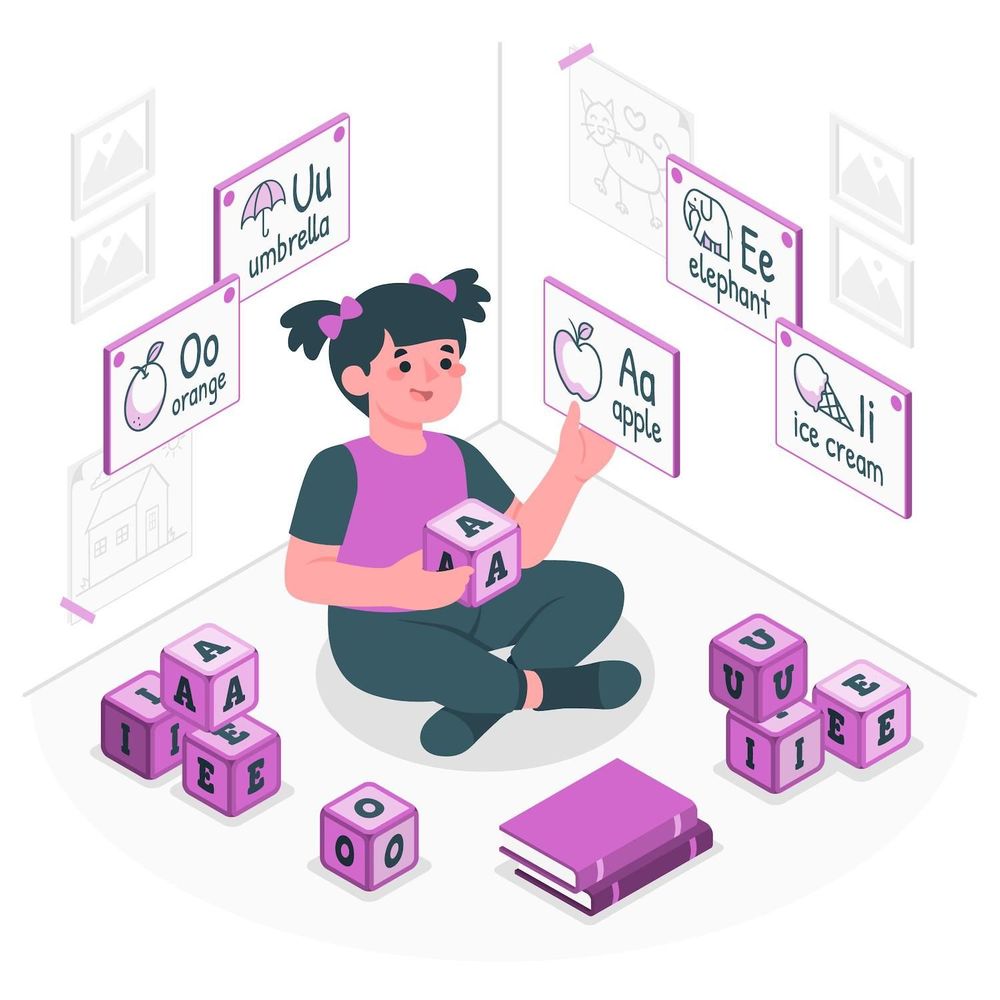The film's charming premise placed an "art" in artificial intelligence
What will you find when you combine an AI image maker with a 98 year old woman named Lillian as well as Harry Potter? The result is "HAIRYPOUTER is a film of a shorter length from director Chris Carboni that layers increasingly whimsical AI-generated imagery with comments on the classic novel by a hilarious non-agenarian.
"Lillian is my grandma," Chris says. Chris. "She has always had a very close relationship , and I've recorded her reviewing over the past 10-years."
When AI image generators started to dominate the web around mid-2022 Chris noticed that the stars were collaborating to create a project which would maximize the hours of listening as well as assist in understanding his relationship with this emerging technology. "I had a lot of mixed feelings regarding these generatorsthat I wanted to explore] and was searching to learn more about the technology in a very small manner," explains Chris. "At the moment I was in a discussion with my grandmother who was just finishing reading Harry Potter' which I had bought for a birthday gift."
After that, the movie began to come together using an unorganized crew consisting of "my grandmother and my wife and our composer and sound designer together with the rest of the team" -- and the rest of the story is (futuristic) time. The power of AI continues to develop rapidly, and we met with Chris Carboni for a discussion on everything that is related to AI as well as art.
The resolution of the photos which you can see in this video is amazing. What did you use and what methods did you employ to get these results?
Chris Chris Chris Chris used MidJourney at the time it was the initial version. We started with entering in the Lillian's words without editing . We then checked what it produced using the only quotations from the interview. We were impressed by the art direction that the program came to after just few cycles of creating new images. Therefore, I had written down the features of the artistic direction based off this photo it created.
I think the first image we got was Ron with his really wafting hair. He looked incredible. I believe it was of a shoulder-up look. Additionally, it was clear that he wasn't wearing any kind of shirt. It seemed like a god of the beach. Then, when we discovered the chance to photograph Harry and Ron as a couple, it showed they were almost hugging and we were like, "Oh, this is incredible."
We allowed the AI develop these amazing concepts. Then, when we found one that we liked , we encouraged the AI to follow that line, so that it would always be entertaining and easy to understand.
What was it like applying AI to this purely human-centered story?
Chris Chris: When I was making this film, I felt a level of fear [about AIin generalthe general field of AI. But, I certainly enjoyed using it in this movie. I believe that this was the best use case for the project because the application of AI was crucial to the narrative.
It was interesting, thrilling, and different. It focused on an unpretentious, but charming interaction between AI and humans. The project wasn't one where we chose to not spend money on an illustrator, but decided to employ AI instead. This was a project in which artificial intelligence was vital in the telling of stories.
What do you think of AI becoming a creative force?
Chris Chris It's certainly something intriguing about it and it's becoming challenging since the generators are utilized in a variety of methods. Their capabilities have been unleashed and extended to various uses. It means the topic is becoming more complex than I think like it once was from my personal perception and understanding of the subject.
Anyone who works in a creative setting will have to find out how this affects their own work and prepare to acknowledge that the world will continue to alter. This change will bring the chance to create amazing new things, but also automation for a large portion of the artwork we artists love. This makes me a bit unhappy, if I'm sincere. It worries me that art will be devalued and commodified further than it is already.
Do you think that this tech could be used for your job in the near future?
Chris: Well I enjoy making use of AI to improve my email, and for personal assistants that can answer questions, giving explanations to complex concepts as well as handling repetitive tasks. When it comes to creativity, however, I don't fully understand. I don't intend to use technology that it replaces humans on my team. Its results aren't quite as impressive.
The bulk of what makes our work so great relies on collaboration with people. The entire process from beginning to finish using AI depends on inputs from the brain. Sometimes, that could be acceptable, but most of the time the productions are supported by a team of professionals working together with their own unique experience and distinct insights that they bring to the tables.
One of the most interesting uses I've come up with is to spark ideas and kickstarting the process of developing. This could include raising funds for an idea or displaying the initial concepts for creating something from the foundation. However, for animation it is essential to have complete control over the specifics of a scene, both to produce and creative motives. The level of control required will likely be coming soon however, it's not yet there.
This post was first seen on here
